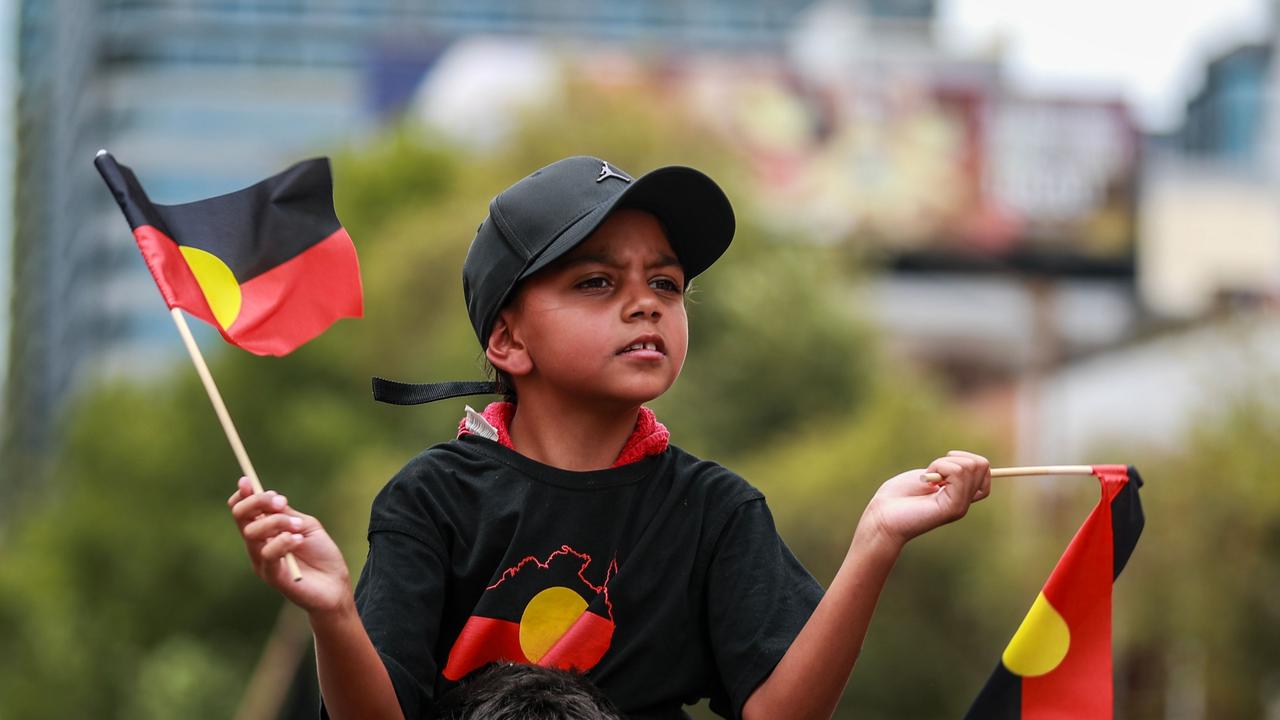Tentacles of Premier’s Private Office reach far and wide throughout government, say Jill Hennessy and Jenny Mikakos
IBAC’s Operation Daintree report reads like a blueprint for the Andrews government’s modus operandi – and reveals a concerning lack of integrity and transparency.
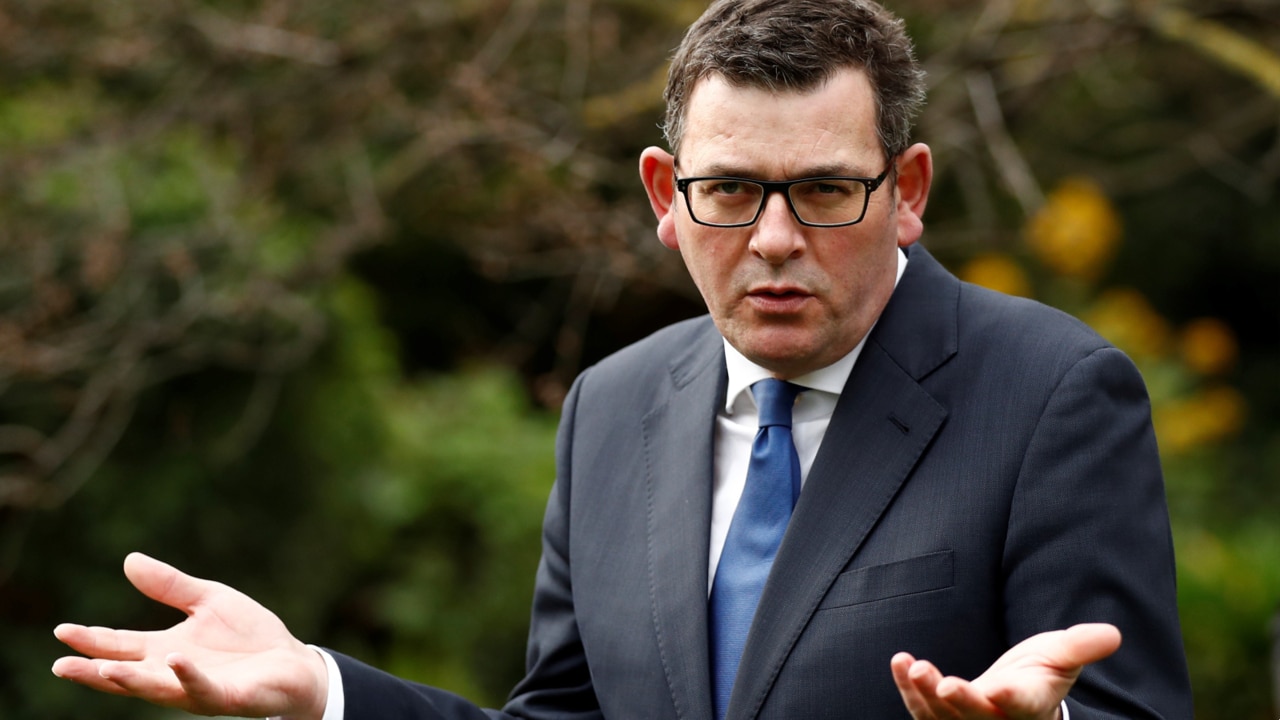
Victoria
Don't miss out on the headlines from Victoria. Followed categories will be added to My News.
It’s Dan’s Victoria, and we’re just living in it.
That pretty much sums up key evidence before the Independent Broad-based Anti-corruption Commission about the way in which the Andrews government operates.
Its report into Operation Daintree reads like a blueprint to the Andrews government’s modus operandi.
And it reveals a worrying lack of integrity and transparency that Victorians ought to be concerned by.
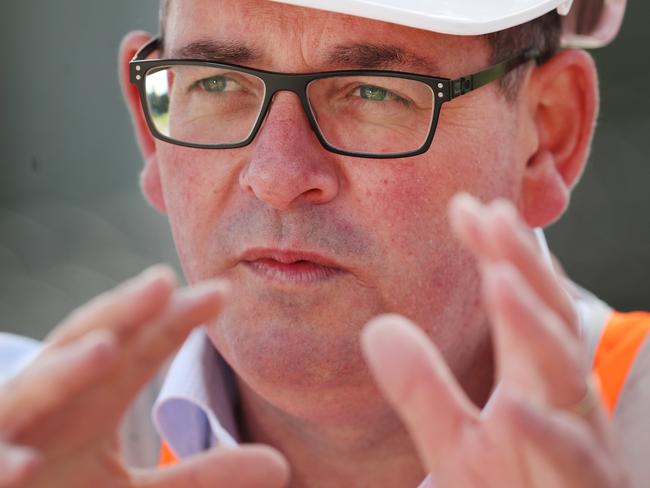
In effect, nothing happens without Daniel Andrews’ say so.
According to former ministers Jill Hennessy and Jenny Mikakos the tentacles of the Premier’s Private Office reach far and wide throughout the government.
The raw facts support the claim.
Under the last Labor administration before Andrews came to power, the Bracks government, there were 10 policy advisers, five strategists, two media advisers and two community engagement advisers working under a chief of staff.
In Andrews’ PPO, there are up to 80 advisers performing varying roles. Some of them carry far more power than junior ministers.
Ms Mikakos described the current government as “very centralised with the PPO having its tentacles everywhere”.
Ms Hennessy said the growth in the PPO reflected “a greater centralisation that has occurred in government … across many Westminster systems … a centralisation of decision-making and media management”.
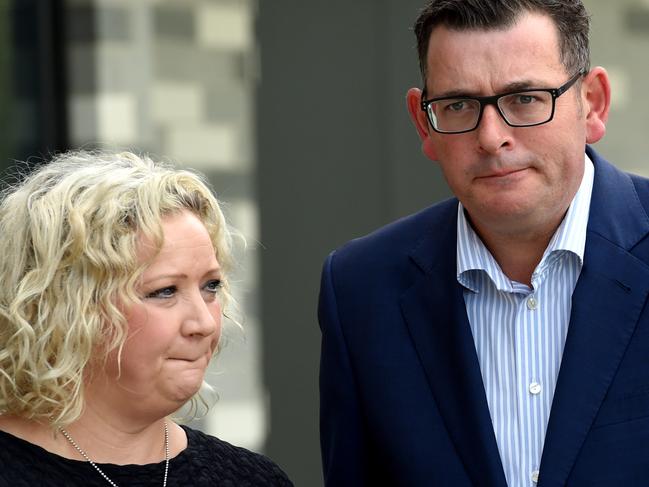
But she warned it led to “short term … policy development and … underestimat(ion of) the complexity of the implementation of policy … (and) lack of policy ambition for longer-term benefits compounded to a degree by the electoral cycle.”
In other words, government for the benefit of government over the explicit interests of Victorians.
Advisers run rampant
Operation Daintree revealed a worrying lack of ministerial responsibility that has flourished within the Andrews government.
The probe found that both Ms Hennessy and Ms Mikakos had “limited knowledge of what their respective advisers were doing” in relation to conduct at the centre of the investigation. It’s a convenient set up where ministers can distance themselves from responsibility and potentially wrongdoing.
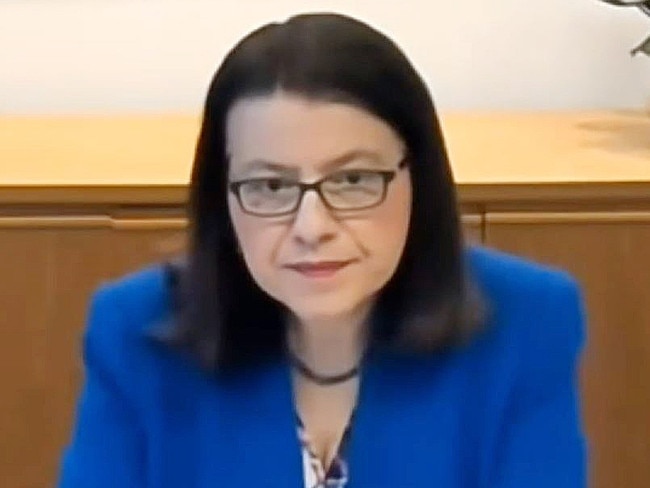
And at the same time, there is little to no accountability over invisible advisers who act with impunity.
But IBAC wasn’t having a bar of it and put the government on notice.
“IBAC recognises the prerogative of the Premier as the head of the executive branch of government to structure their personal office as they see fit,” it said.
“However, the relationship between advisers in the PPO and ministers’ offices must not undermine the Westminster convention of ministerial responsibility.
“It is clear that scrutiny mechanisms for ministerial advisers have not expanded at the same rate as for the rest of executive government, despite the significant growth in numbers and influence of the Adviser cohort over recent decades.
“If the Westminster conventions on personal ministerial responsibility are to have any meaningful application, they should at least apply in relation to ministerial staff.”
Curiously, IBAC found the Premier himself had delegated much responsibility to his chief of staff, including staff employment functions.
However it warned this arrangement did not “relieve the Premier of their overarching accountability for the actions of their PPO staff.”
“The increasing number, role and influence of ministerial advisers has generated a concomitant risk of them crossing boundaries into the functions of the minister and their departments, and engaging in conduct that is inappropriate at best and corrupt at worst,” IBAC found.
The government must adopt all 17 recommendations made in IBAC’s report.
Unhealthy memory lapse
Yet again, Daniel Andrews’ memory appears to have failed him.
Hauled before the state’s anti-corruption commission he was unable to recall much of his involvement in the awarding of contracts to the Health Workers Union.
As became clear from the IBAC’s report, the Premier is kept at arm’s length from much of the day to day running of government.
Ministerial advisers brief staff in his office, that then gets sent up to his chief of staff.
Is he kept across every minor detail? No.
He might be a workaholic, but no one would expect everything to pass his desk.
But given the sensitivities around the HWU deal, sources say it’s difficult to imagine that he wasn’t being kept informed of developments.
Defending his memory failure before the commission, Mr Andrews said he’s only human.
And yet he had “no recollection of what he discussed with (HWU secretary Diana) Asmar, no recollection of any discussion with his advisers that led to this announcement and no awareness that they and the Health Minister’s adviser had discussed a detailed proposal,” IBAC said.
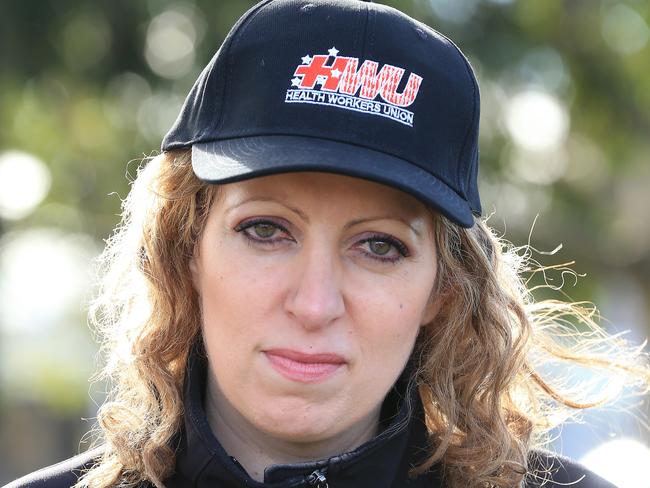
But it found it “highly likely that the Premier was informed of the commitment proposal as formulated by his advisers and conveyed the substance of the intended commitment to Ms Asmar when he met her before making the announcement”.
There was much political capital to be gained in awarding the HWU grants.
Relations between the government and the HWU had been rocky, and it was in the interest of the government to avoid a public feud with the union during the looming election campaign. There were also internal Labor factional considerations at play. It’s hard to fathom Mr Andrews was not across the details of such a critical political play.
But should we be surprised?
When 801 Victorians died in the fallout of the government’s disastrous hotel quarantine debacle, Mr Andrews couldn’t remember much then either.
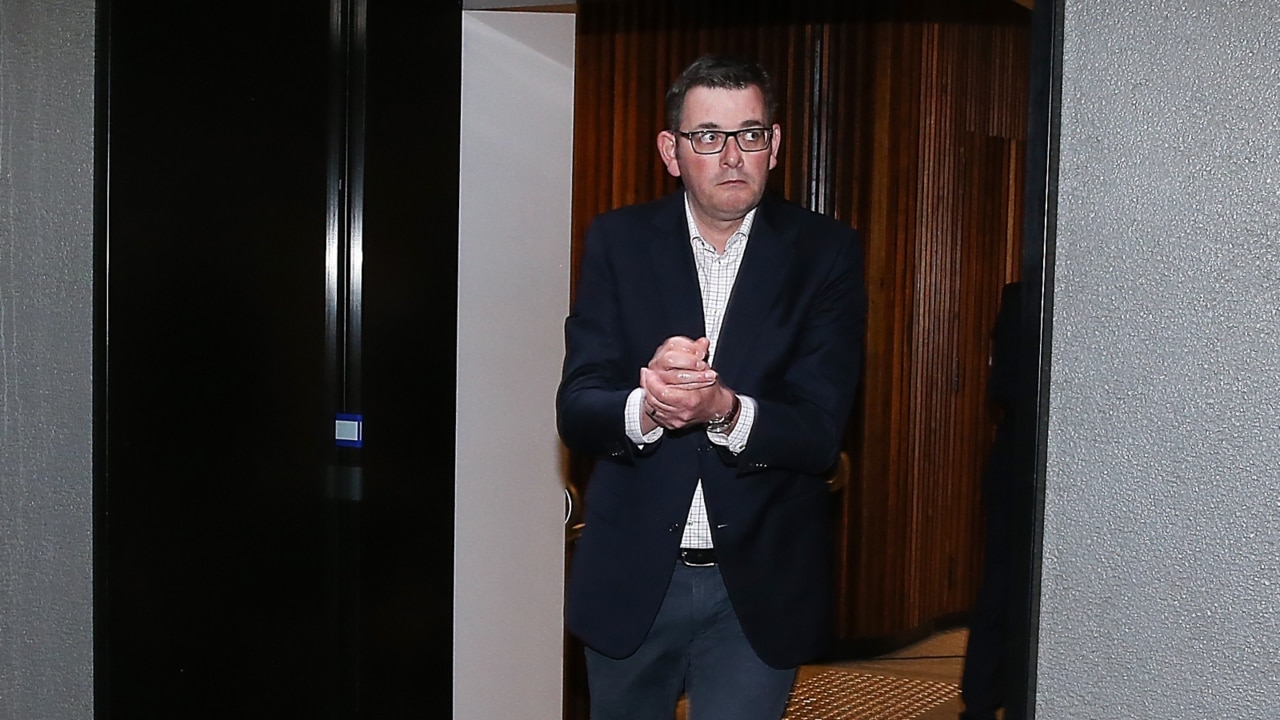
Andrews is widely respected inside government for an uncanny ability to stay across the government’s political and legislative agenda.
Rarely, if ever, is he left wanting for an answer. Except when the integrity of his government and his administration appears to be on the line.
Then, he simply can’t recall.
Blowtorch stays on Andrews
Daniel Andrews is expected to face further scrutiny over his government’s integrity with at least three major corruption probes still to be made public.
The reports could all be released this year, pending court action which is blocking the release of two of them.
Sources say one of those, a top-secret report into government dealings with the United Firefighters’ Union, could be the most problematic for the government.
Dubbed Operation Richmond, it was completed by IBAC in 2021 but long legal battles have blocked the release of the final report.
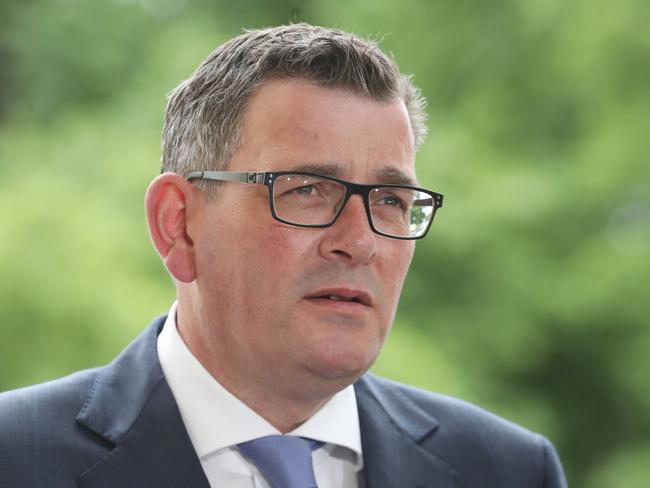
It has been one of the most furtive operations in the history of IBAC, involving scores of witnesses being called before secret hearings.
Mr Andrews is among those understood to have been interviewed. He has repeatedly said IBAC’s secrecy provisions mean he is unable to even acknowledge if he has been spoken to.
Among the issues believed to be central to the IBAC probe are the events surrounding the controversial merging of the Country Fire Authority and the Metropolitan Fire Brigade, and industrial agreements, allowances and pay claims between the government and the union.
It is also understood that among the issues witnesses raised with IBAC was the alleged hacking of emails from MFB chiefs.
A preliminary draft has not yet been released to persons of interest and others mentioned in the report.
A second IBAC investigation, Operation Sandon, probed the political donations of developer John Woodman, with Mr Andrews understood to have been questioned in secret over his association with Mr Woodman.
A draft report has been finalised but is also the subject of court action.
The government is likely to become heavily embroiled in the state ombudsman’s probe into the politicisation of the public service.
Ombudsman Deborah Glass is investigating the appointment of Labor-friendly public servants and has been calling for people to come forward if they know a senior person who was not appointed on merit.
Sources familiar with the investigation believe a report will be handed down this year.
The Premier has now been involved in at least four known corruption probes including IBAC’s Operation Watts, which probed claims of Labor branch-stacking.
Mr Andrews later apologised after “absolutely disgraceful behaviour” within the ALP was exposed in a scathing IBAC report.
“As leader of the parliamentary Labor Party and the Premier of our state, I take full responsibility … and I apologise for it,” he said.
The government said it would implement all 21 recommendations from the Operation Watts report.
The state opposition also remains hopeful it can establish a probe into the Premier’s recent four-day trip to China.
The investigation would probe whether the transparency and accountability of the trip was affected by the Premier’s decision to travel without media, as well as the timing of the trip.
More Coverage
Originally published as Tentacles of Premier’s Private Office reach far and wide throughout government, say Jill Hennessy and Jenny Mikakos




